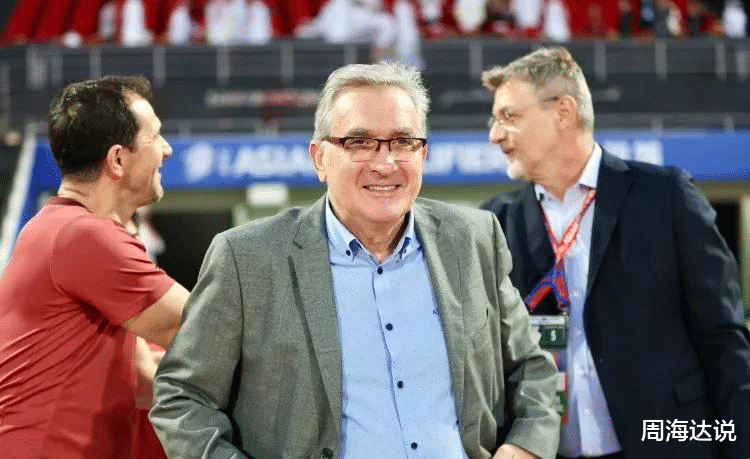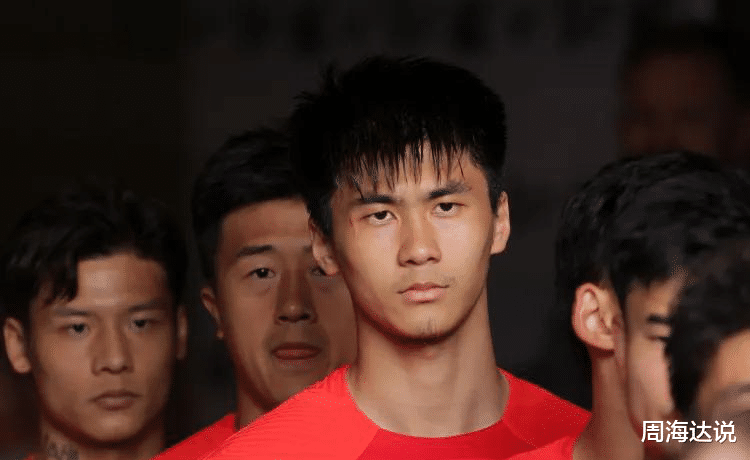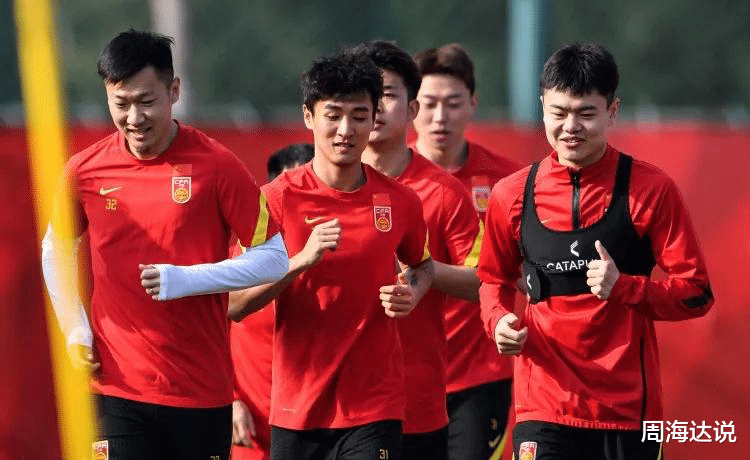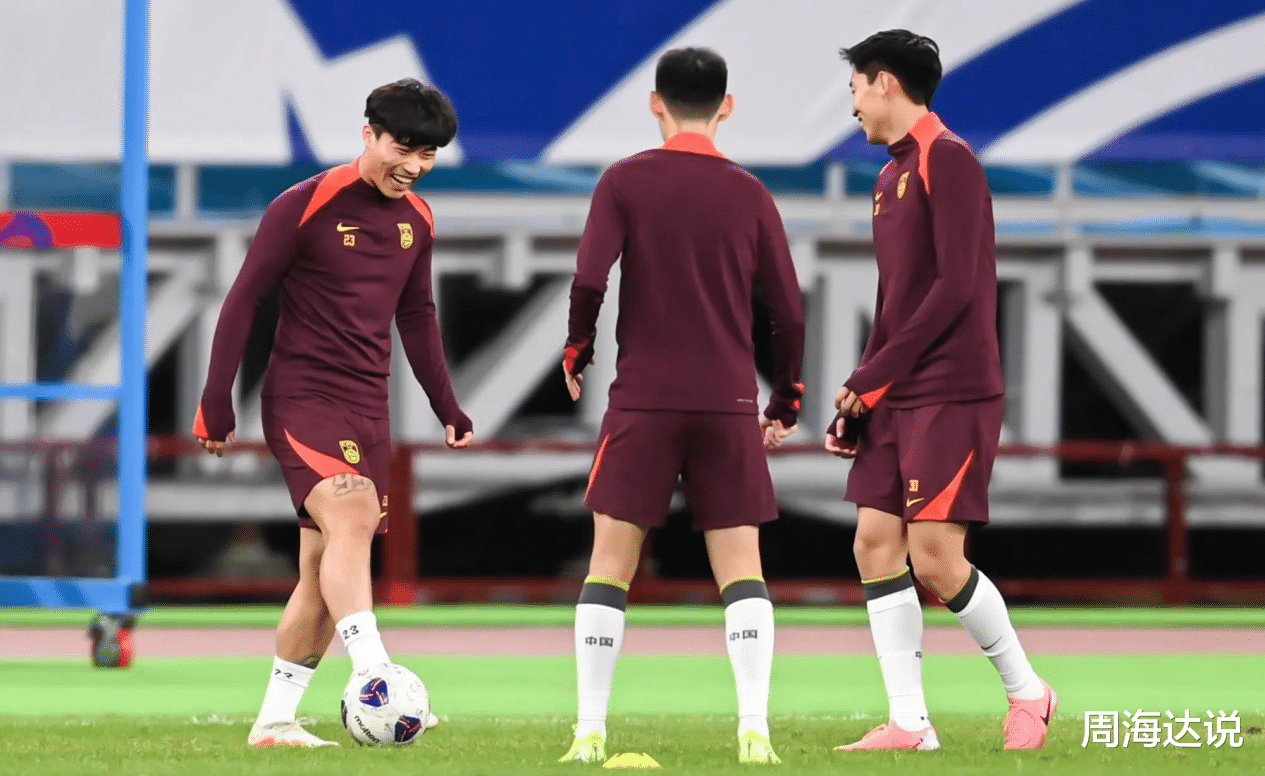The latest training roster for the national football team has caught people's attention not only because the average age has dropped to just over 26 years old, but also because there are more new faces. Looking at these young players with their energetic demeanor, one can't help but recall the fighting spirit of the national team when they qualified for the World Cup in the past.
The injuries to Wu Lei and Jiang Guangtai came as a surprise, and the absence of these two key players has had a significant impact on the team. However, from another perspective, this also provides younger players with more opportunities to prove themselves.
Among the eight new additions to the training roster, each player has their own unique characteristics and highlights. For example, Jian Tao's speed and breakthrough ability, Han Pengfei's defensive awareness, and the technical skills of the two post-00s players, Wu Mitijiang and Maiwulong.

As the only player born in the 80s, Wang Dalei's status and role within the team have become even more important. He not only needs to command the defense on the field but also lead these young players to grow rapidly off the field.
The competition for the goalkeeper position is exceptionally fierce. Besides Wang Dalei, the other young goalkeepers have performed well in the league, and this healthy competition is very helpful in improving the overall strength.
Ivan's tactical approach is quite in line with the current characteristics of the national team, as the team is in a stage of transition between old and new players, requiring a relatively stable playing style to ensure results.

The defensive counter-attacking style may not look spectacular, but it allows players to have clearer responsibilities and avoids unnecessary mistakes, especially when facing opponents stronger than us.
There are now more options in midfield, with players like Xie Weneng and Li Yuanyi who can both defend and organize, quickly launching attacks during counter-attacks.
Although the front line is missing Wu Lei, Zhang Yuning and Wei Shihao are in good form, and with the impact of several young forwards, there are actually many choices in the attacking end.

Choosing to train in Haikou is not only because of the favorable weather conditions there, but also to allow players to adapt to potential match environments.
The training schedule is also reasonably arranged, with about ten days being enough time for the coaching staff to understand the state of each player without causing fatigue.
The importance of this training session is self-evident, as we will face strong teams like Saudi Arabia and Australia in March, so we must now adjust our tactics and lineup configurations.

The choice of training ground is also very particular, with the conditions and climate in Haikou being suitable for high-intensity training, which is very helpful in improving the overall physical fitness level of the team.
The trend of rejuvenation in this national team is quite obvious, with the selection of 11 post-00s players indicating many things, and the youth training system is indeed gradually taking effect.
The technical characteristics of the young players are very distinctive, such as some excelling in breakthroughs and others with good passing vision, which is very helpful in enriching the team's tactical play.

Of course, rejuvenation also brings some problems, such as lack of experience, which may lead to judgment errors in critical moments, requiring the coaching staff to consider more in tactical arrangements.
The cooperation between new and experienced players requires time to polish, but judging from the current situation, the older players are very willing to help the young ones grow, and this atmosphere is crucial for the development of the team.
Although Ivan may already have an ideal starting lineup in mind, in actual matches, adjustments still need to be made based on the opponent and game situations.

The defensive lineup is basically fixed, with Li Lei, Zhu Chenjie, Jiang Shenglong, and Yang Zexiang having developed good chemistry, but the competition for substitute positions is ongoing.
There is still a lot of room for adjustment in the midfield pairing, especially in terms of support for the attack, where a configuration that can ensure defense without hindering the attack needs to be found.
There are also many choices in the forward line, with substitutes like Bai Helamu and Hou Yongyong having their own characteristics and can be adjusted according to the game situation.